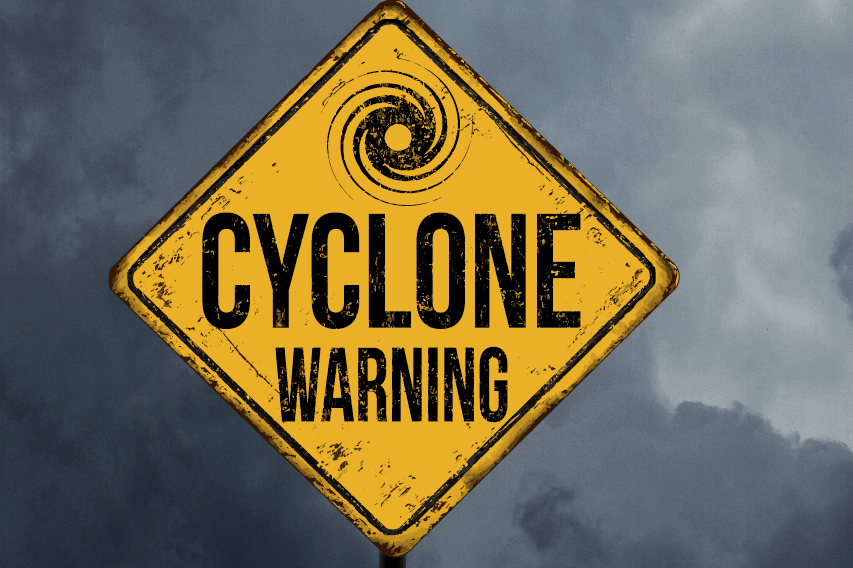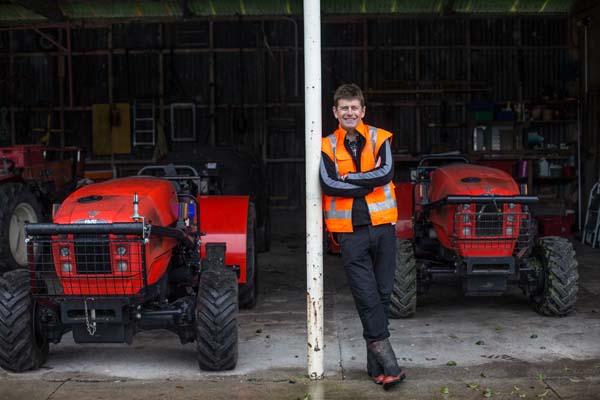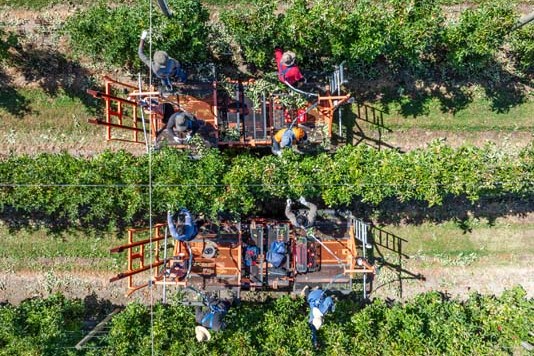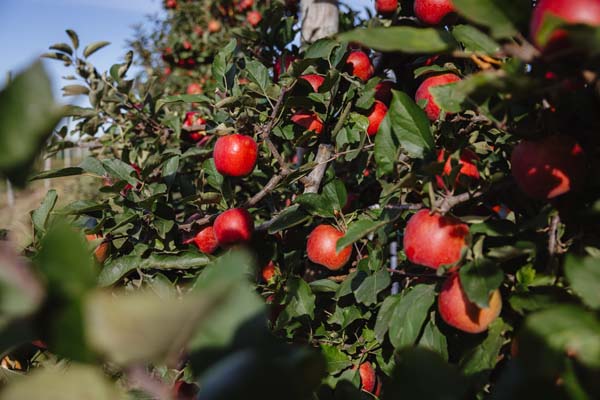Cyclones a wakeup call
Farms and farmers need to be prepared to cope with extreme weather events. By Elaine Fisher.

![]() Cyclone Gabrielle left behind not only devastation, but also the reality that preparing for extreme weather events should be part of every farm’s safety plans.
Cyclone Gabrielle left behind not only devastation, but also the reality that preparing for extreme weather events should be part of every farm’s safety plans.
The February cyclone highlighted the importance of keeping everyone safe and the ability to cope without electricity and communications and; says Greg Peters, WorkSafe Acting Regional Manager for the Central General Inspectorate, it’s been a wakeup call for those living on the land.
“Cyclones like Gabrielle have impacted New Zealand in the past, but climate change means there will be an increase in the frequency and severity of these events.
“I’m sure most farmers have safety plans in place around everything else other than extreme weather events. We’ve had a wakeup call not just for agriculture but everyone in business.

“Farmers need to be on top of their emergency plans and review them with an open mind to take into consideration events they had not thought about before, including flooding and flood risk.”
Emergency planning documents are available to download online including from Federated Farmers, Beef + Lamb DairyNZ and WorkSafe.
It will be some time before the most severely affected farmers and growers have time to focus on anything but recovery but when they do, they, and farmers not impacted, should review their farm emergency plans.
Greg says farmers will always put emphasis on the welfare of their stock, but he urges them to put the safety of themselves, their families and workers first.
“Having well-thought-out plans before an emergency arises, can help when making decisions about what is safe and what’s not.
“There are people relying on you to come home safely. In New Zealand we already lose too many people on farms. So many of those deaths could be avoided. Your life is way more important than a heifer. Think about who you would leave behind: your partner, your children, your siblings and parents. It’s too easy to think ‘it won’t happen to me’, but it could.”
Emergency plans should be made in consultation with everyone involved and should include escape plans, much as people have plans to escape a house fire.
Hard copies of plans, including emergency contact numbers and the contact details of neighbours, should be available to everyone onfarm, as without electricity or cellphones, electronic versions may not be accessible.
“It’s time to look at farms and infrastructure through fresh eyes and assess whether that drain or creek will cause issues in an extreme weather event.
“Are the farm buildings solid and strong enough to withstand winds and floods; which paddock is best to move stock to and how to get feed to them? Are there trees which could become a threat to stock or people?
“Could a two-wire fence on flood-prone paddocks be better than seven-wire fences which trap more debris? In a flooded situation, are the vehicles which would be in use fit for purpose?”
When making decisions about the safety of certain actions, it’s always worth considering what would be the worst case scenario if things went wrong.
“I was raised with my dad’s saying; ‘if in doubt keep out’. It’s a simple phrase but one which can help save a whole lot of pain.”
Having battery-powered radios to listen to vital information when other means of communication are down, is also important, as is an alternative means of charging cellphones.
Cyclone Gabrielle highlighted that people can be isolated for some time and must be self-reliant until access and communications are restored.
Greg says getting to know neighbours can help with resilience.
“Farmers are good at looking after their families, workers, themselves and stock and they are also bloody good people at looking after others in an emergency.”
Planning to get through an emergency for dairy farmers may include considering buying a generator but Greg says the generator which will run a family fridge is very different from that needed to power a milking shed.
“While farmers worry about animal health if they can’t milk their cows, they also have to be mindful of the significant cost of buying a generator able to run a dairy. This might be where they could talk to neighbours about pooling resources to purchase that equipment.”
As well as physical safety, Greg says both mental and financial health are also vitally important. “Perhaps now is a time to review insurance policies to see if they are fit for purpose and to record details of who to go to for financial assistance.”
He encourages farmers not to be reluctant to ask for help.
“Help is there from so many organisations, including the Rural Support Trust, The Mental Health Foundation, and Farm Strong and there is really good information on the Beef + Lamb, Federated Farmers, DairyNZ, HortNZ and MPI website.
“Taking time now to do the research so you know who to contact and putting those numbers into a plan means they will be readily available in an emergency, when you may be under stress.”





